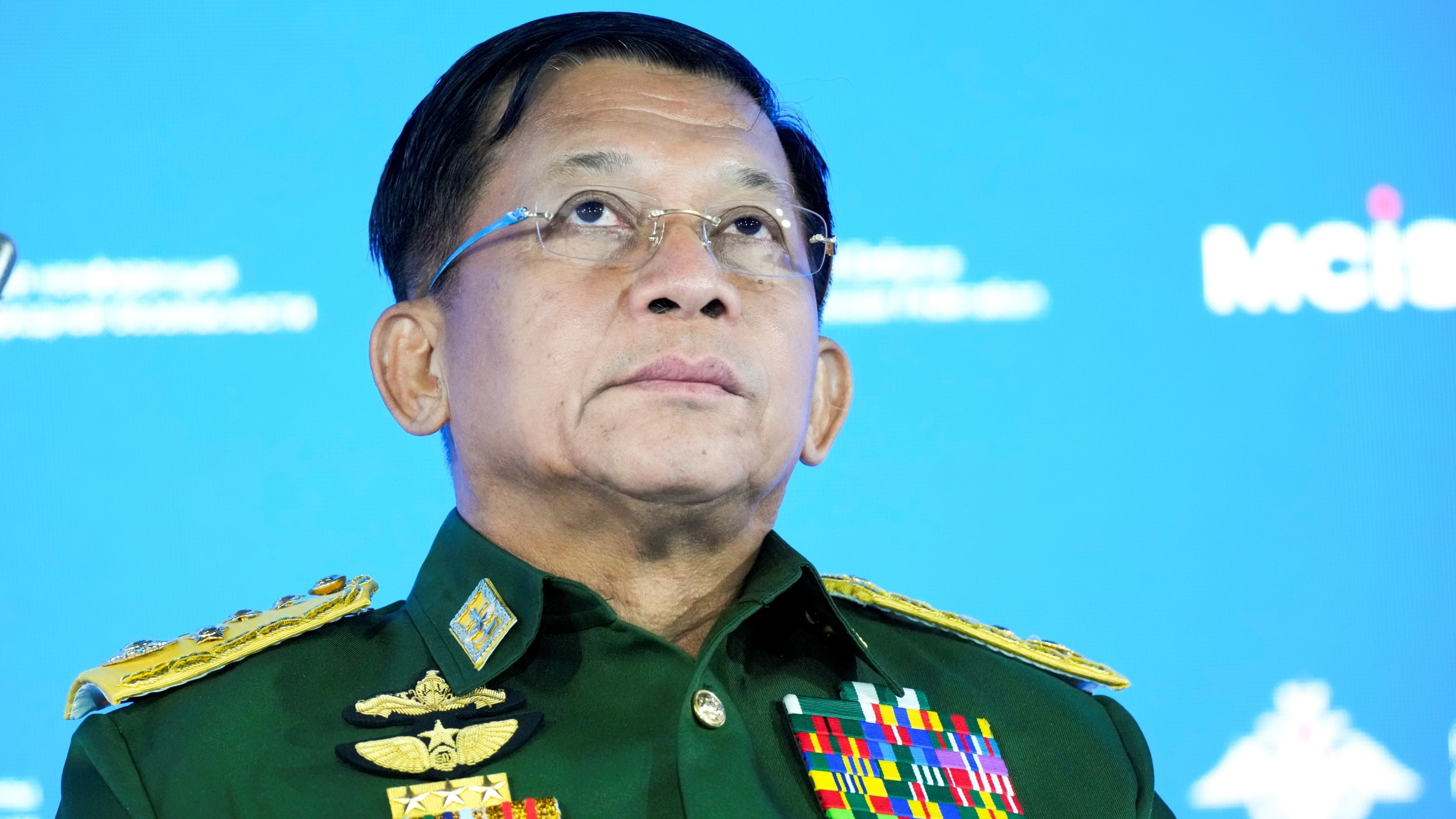China's Strategy in Myanmar Backfires Amid Complex Political Landscape

Beijing's efforts to balance its influence over Myanmar's military junta while maintaining ties with rebel groups have backfired, jeopardizing China’s strategic and economic interests in the region. Since Myanmar's 2021 military coup, China has provided substantial financial and military support to the junta, ensuring the continuation of key projects under the Belt and Road Initiative. However, growing control by rebel groups over critical areas has forced China to rethink its approach.
Beijing initially supported the junta, supplying military equipment and facilitating debt rescheduling. Yet, as rebel forces gained ground, especially around projects like the Kyaukphyu port and the China-Myanmar Economic Corridor, China has had to consider backing armed groups to secure these investments. This pivot led to tacit support for Operation 1027, a coordinated offensive by rebel groups against the junta, intended to protect Chinese interests and combat widespread scam centers.
However, Beijing’s complex maneuvers have created further complications. While China aimed to stabilize Myanmar to protect its economic ventures, the rising influence of the National Unity Government (NUG) and its People's Defence Forces (PDF) threatens this stability. The PDF has captured valuable Chinese investments, such as the Tagaung Taung Nickel Mine and portions of oil and gas pipelines, undermining junta control and revenue streams.
Despite these setbacks, China continues to support the junta, with Foreign Minister Wang Yi recently offering a $3 billion bailout. However, the NUG has warned that future governments may refuse to honor the junta’s debts, casting doubt on the long-term viability of China’s investments. As Myanmar’s conflict deepens, Beijing’s policy of playing both sides has led to increased instability, posing new challenges for China’s interests in the region.
Myanmar



![From Kathmandu to the World: How Excel Students Are Winning Big [Admission Open]](https://nepalaaja.com/index.php/img/70194/medium/excel-college-info-eng-nep-2342.jpg)
